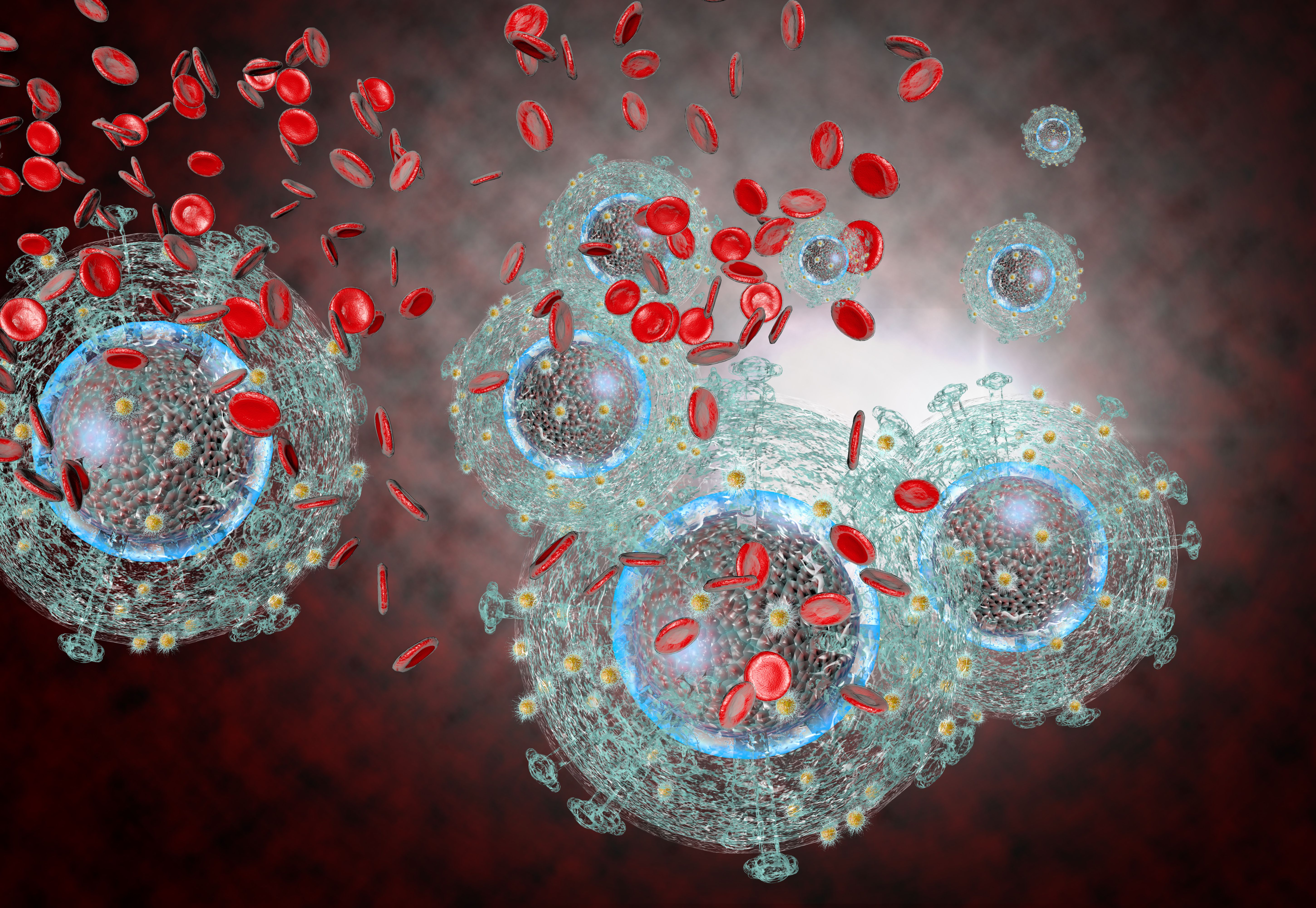- Center on Health Equity & Access
- Clinical
- Health Care Cost
- Health Care Delivery
- Insurance
- Policy
- Technology
- Value-Based Care
Vaccination for Hepatitis A Low in People Living With HIV
Patients living with HIV had a lower uptake of hepatitis A virus vaccination despite it being recommended for this population.
Young patients, patients with active substance use disorders, and patients who are immunocompromised who had HIV were found to have lower vaccination uptake for hepatitis A virus (HAV), despite the nationwide recommendation of the vaccine for patients with HIV. The study published in Vaccine: X was conducted from 2010 to 2018 in Houston.
The HAV vaccine has been found to be effective to preventing the virus and is recommended for all patients with HIV in the US due to the possibility of leading to more serious illness in this group. CDC and ACIP had previously recommended that HAV vaccination should go to people living with HIV (PWH) who had other risk factors for HAV before changing the recommendation to include all PWH in 2020.This study evaluated the factors that went into vaccination for HAV prior to the 2020 recommendation to evaluate the likelihood that those without risk factors would get the HAV vaccine.
HIV Virus | Image credit: Ezume Images - stock.adobe.com

Data were collected from electronic medical records (EMR) from the Thomas Street Health Center and Harris Health Northwest HIV Clinics in Houston. PWH were included if they were aged 13 years and older and entered as new patients with at least 1 clinic visit between January 1, 2010, and December 31, 2018. All patients had their anti-HAV immunoglobulin G (IgG) measurement collected. All PWH who were negative for anti-HAV IgG were considered eligible for the vaccine. The date of vaccination, sexual history, and substance use history were collected from the EMR.
There were 1372 patients from these clinics who were eligible for a HAV vaccine who had negative anti-HAV IgG and no history of vaccination. The mean (SD) age of the patients was 38.2 (10.6) years and 70.5% of patients were Black; Hispanic/Latino patients made up 11.1% of the patients and White patients made up 17.6%. The cohort was also mostly men at 67.4%. An absolute CD4 count of 200 cells/μl or more was found in 65.5% of patients. Substance use history was available in 1214 patients, of which 19.9% had an active substance use disorder and 18.6% reported a history of substance use disorder.
A total of 29.2% of patients (5% CI, 26.7%-31.9%) had received a single dose of the HAV vaccine 6 months after entry to care. This increased to 37.1% (95% CI, 34.4%-40.0%) at 12 months and 47.8% (95% CI, 44.8%-50.8%) after 24 months. A total of 10.0% (95% CI, 8.4%-11.9%) of patients had received at least 2 doses of the HAV vaccine 6 months after entry to care. This increased to 21.2% (95% CI, 18.9%-23.7%) after 12 months and 33.4% (95% CI, 30.5%-36.4%) after 24 months.
A univariate analysis found that patients who were aged 50 years or older, were men who had sex with men, and had CD4 of more than 200 copies/μl took a shorter amount of time to receive their first HAV vaccine. Longer time to vaccination was associated with those who had an active substance use disorder and entering care between 2015 and 2018.
There were some limitations to this study. Incomplete data capture could be possible due to the retrospective design. Homelessness and chronic liver disease could not be taken into account as risk factors. The sample size may not be generalizable to areas outside of Houston. Receipt of HAV vaccines was evaluated in this study rather than vaccine orders. Completion of the vaccine series was also not examined.
The researchers concluded that knowing what leads to the immunization gaps can help to improve immunization rates in the future. HAV vaccination rates could be improved through testing for anti-HAV IgG at the entry of care as well as getting electronic reminders to vaccinate, wrote the authors.
Reference
Ciocca ET, Staggers KA, Carey J, et al. Delays in hepatitis A vaccination in people with HIV in Houston, Texas between 2010 and 2018. Vaccine X. 2024;16:100422. doi:10.1016/j.jvacx.2023.100422
